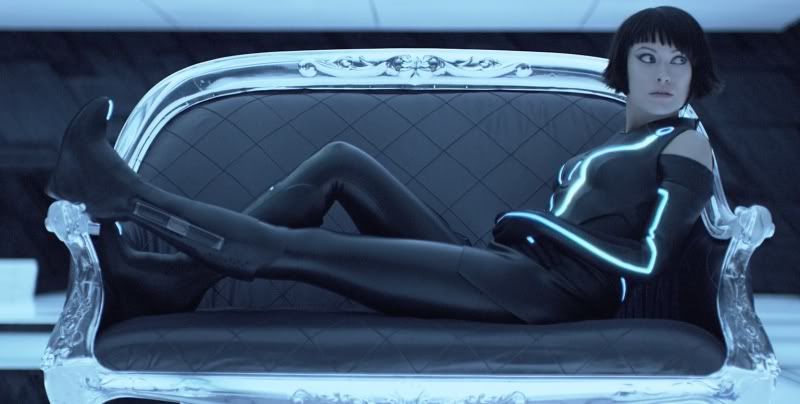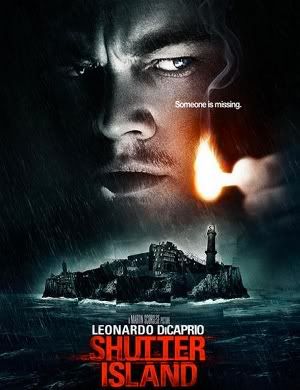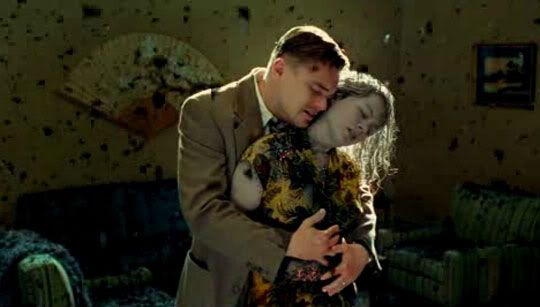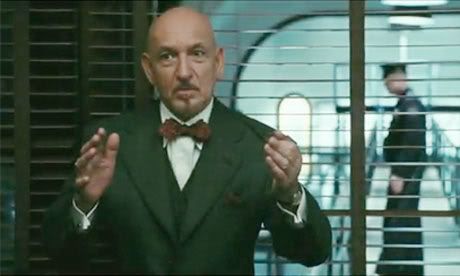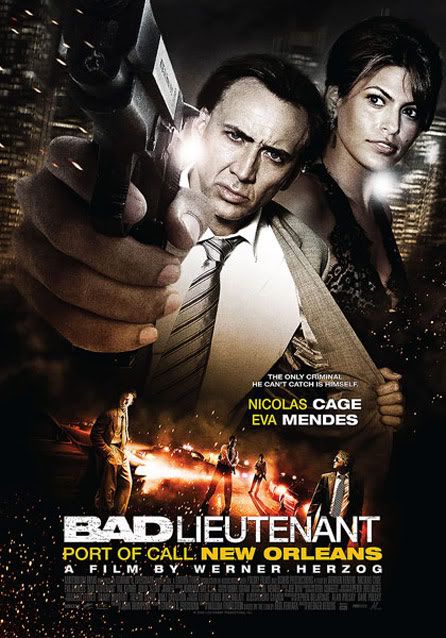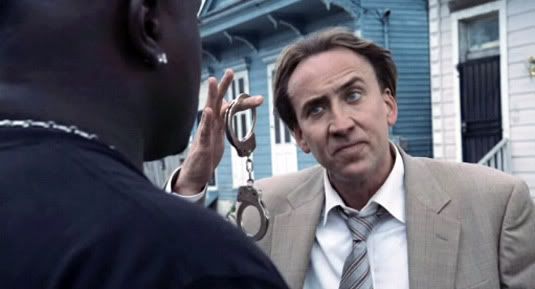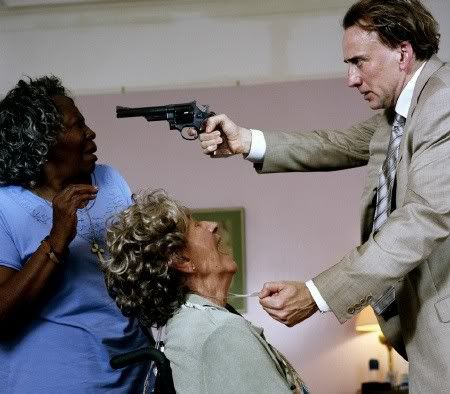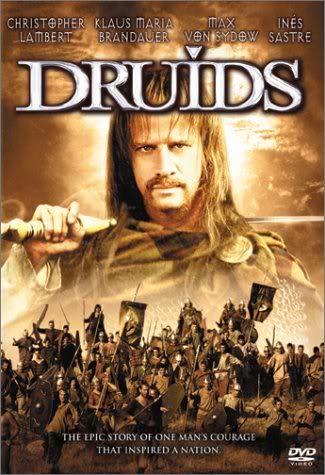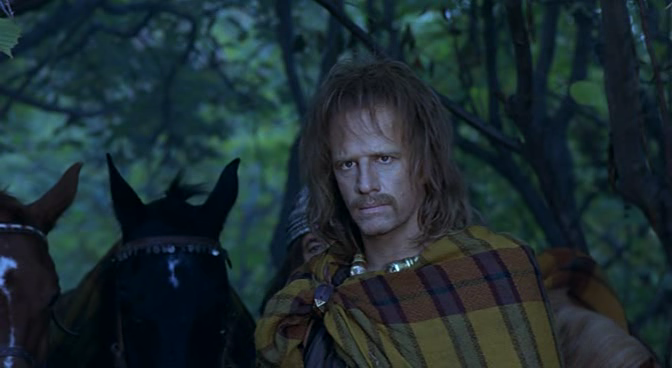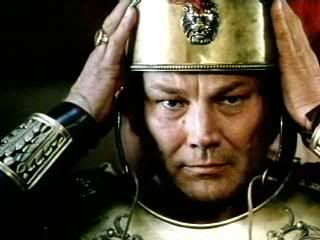
(apologies to Mr. Poledouris whose name I horribly mispronounce.)
[audio:http://www.blueinkalchemy.com/uploads/judge_dredd.mp3]
There’s a part of me that’s glad I didn’t get into writing for comic books. More than likely, I’d have had to cut my teeth on an established title, continuing a storyline that’s been running for months if not years. And if I wanted to spread my wings a little, get a bit creative with character beats or backstory exploration? Whoo, boy. That would invite the ire and derision of a group I know well enough to fear for I once counted myself among them: the comic book fanboy. It’s the penchant for exaggeration, lionization of established canon and somewhat skewed expectations that caused such a group to call Judge Dredd nothing less than a cinematic aberration conjured from the depths of their sweatiest nightmares. It isn’t that bad. Then again, it isn’t all that great, either.
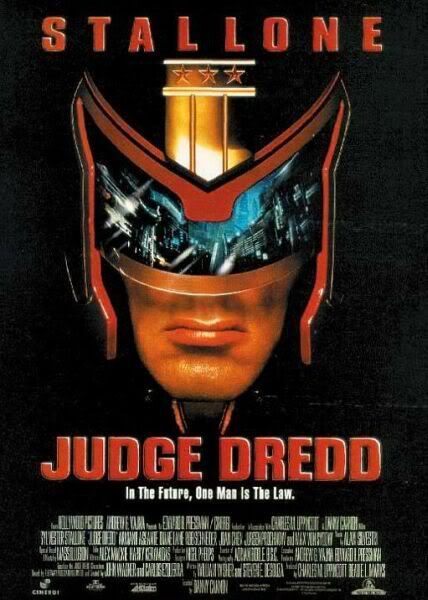
In the wake of nuclear near-annihilation, the survivors of humanity with anything resembling wealth or influence huddled together in titanic Mega-Cities, leaving the have-nots in a barren wasteland called the Cursed Earth. Humanity stifles and chafes in close quarters, so law and order collapsed as people fought for every scrap they could get their hands on. This lead to the rise of the Judges, imposing and implacable members of an elite order who served as both police, officers of the court and executioners of the lawless. The most famous, most feared and most implacable of them is Judge Dredd. He doesn’t just serve the Law – he IS the Law.
So much for the premise, taken from the pages of the 2000 AD comics in which Dredd was the biggest star. A British mag with a dark sense of humor and a penchant for violence, 2000 AD wasn’t interested in making their characters shining beacons of heroism or even nice guys. Judge Dredd hunted the bad guys, and when he found them he tended to make the Punisher look like a reasonable, well-balanced fellow. He didn’t smile, or take off his helmet, or give the bad guys much of a chance to try and beg for mercy. As you can imagine, he was pretty popular, which is why they tried to make a movie about him.
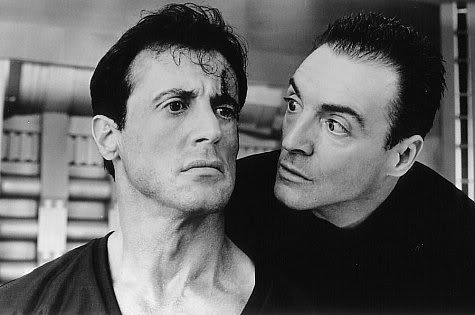
“Admit it, you just wanted to do something like Demolition Man again.”
Of course, this was before writers and directors really started to get comic book movies right, so the film adaptation of Judge Dredd plays more like a video game than it does a gritty, post-apocalyptic exploration of a rather extreme version of law enforcement. The humor isn’t dark or ironic but mostly superficial and one-note. In fact, “superficial” is a great adjective for this flick. On the surface, the names, costumes, weaponry and locations are those from the comics, but the attempt to include as much cool stuff from the funny pages as possible results in what would charitably be considered a tangled, nearly incoherent and badly paced mess. It’s pretty clear that we’re not working with high concept art here, nor are we being terribly loyal to the source material. By now I’m sure at least one Dredd fan is wishing I hadn’t brought up the memory of this movie in the first place and is about to knock on my door in their replica Judge costume to tell me how I violated the Law.
While the writing is a hot mess and the direction’s pretty turgid, the movie isn’t without merit. Sly Stallone in the title role gives Dredd a practiced stoic distance that erodes as circumstances remove him from the daily routine of shooting block war perpetrators in the face. Max von Sydow and Jurgen Prochnow take the opportunity to have a little fun with their Chief Justice characters, which I suspect is something you have to do when you need to slog through something like this. Armand Assante, however, takes the prize as the actor who took the most bites of the scenery. His portrayal of the ‘perfect criminal’ Rico is delivered with such malicious mayhem and over-the-top physicality that you almost forget how badly this plot rolls over the premise. It pushes Judge Dredd very close to the line of “so bad its good.”
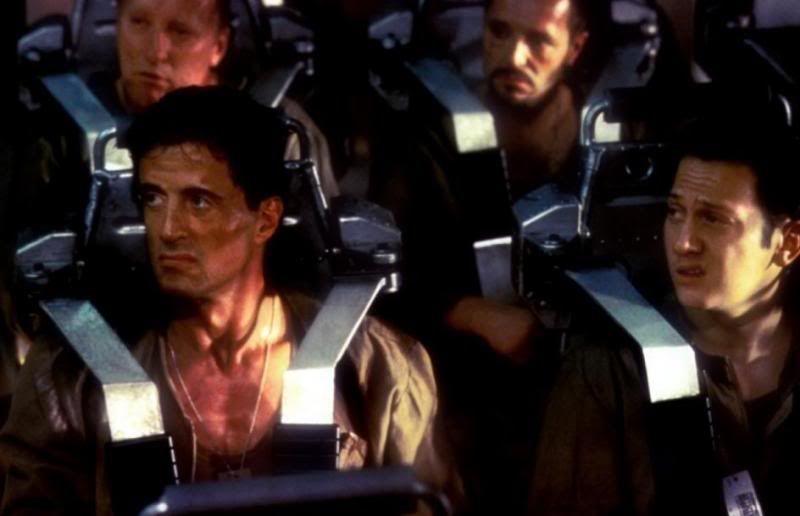
“You mean I can’t just act like a schmuck the entire time? But… that’s hard…”
A rousing score from Basil Poledouris makes this movie sound a lot more grandiose than it really is. Diane Lane gives us a relatively strong female lead who feels like a visitor from a better film, while the ‘Angel family’ in the Cursed Earth takes the flick into the realm of the weird for a moment and are quickly forgotten. I would be remiss, however, if I did not give Judge Dredd what I feel is the greatest compliment I have for it. This film, for all its flaws and blatant disregard for source material loyalty, characterization, plausibility and good taste, is the one time I have not completely loathed Rob Schneider.
And any film that can do that, I feel, is worth at least a cursory glance on your Netflix queue. I wouldn’t go so far as to say it’s a good movie. However, unless you’re one of the aforementioned Judge Dredd fans about to burn my house down, I’d say it may just entertain, even if you just laugh your ass off at how much these veterans of the silver screen ham it up. It may not be the best comic-book action-adventure ever made, but as long as X-Men: Origins: Wolverine is out there, you could do a hell of a lot worse than Judge Dredd.
Josh Loomis can’t always make it to the local megaplex, and thus must turn to alternative forms of cinematic entertainment. There might not be overpriced soda pop & over-buttered popcorn, and it’s unclear if this week’s film came in the mail or was delivered via the dark & mysterious tubes of the Internet. Only one thing is certain… IT CAME FROM NETFLIX.

